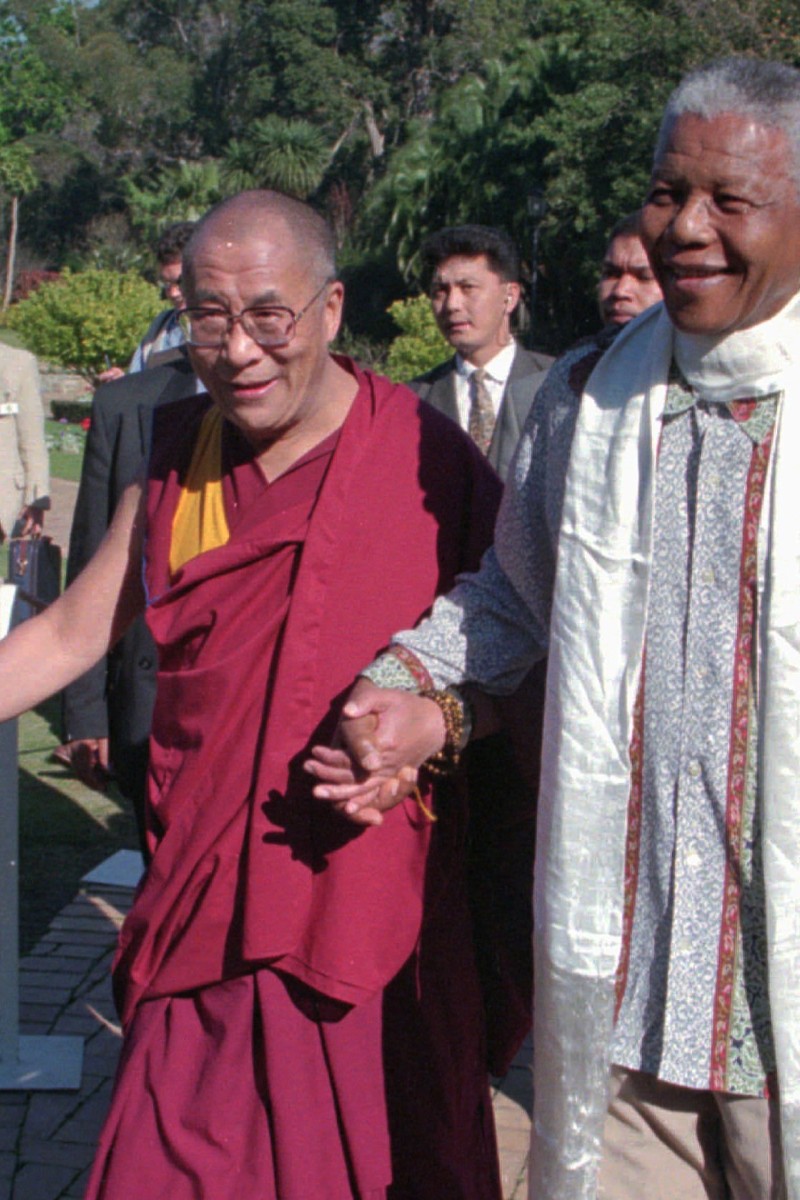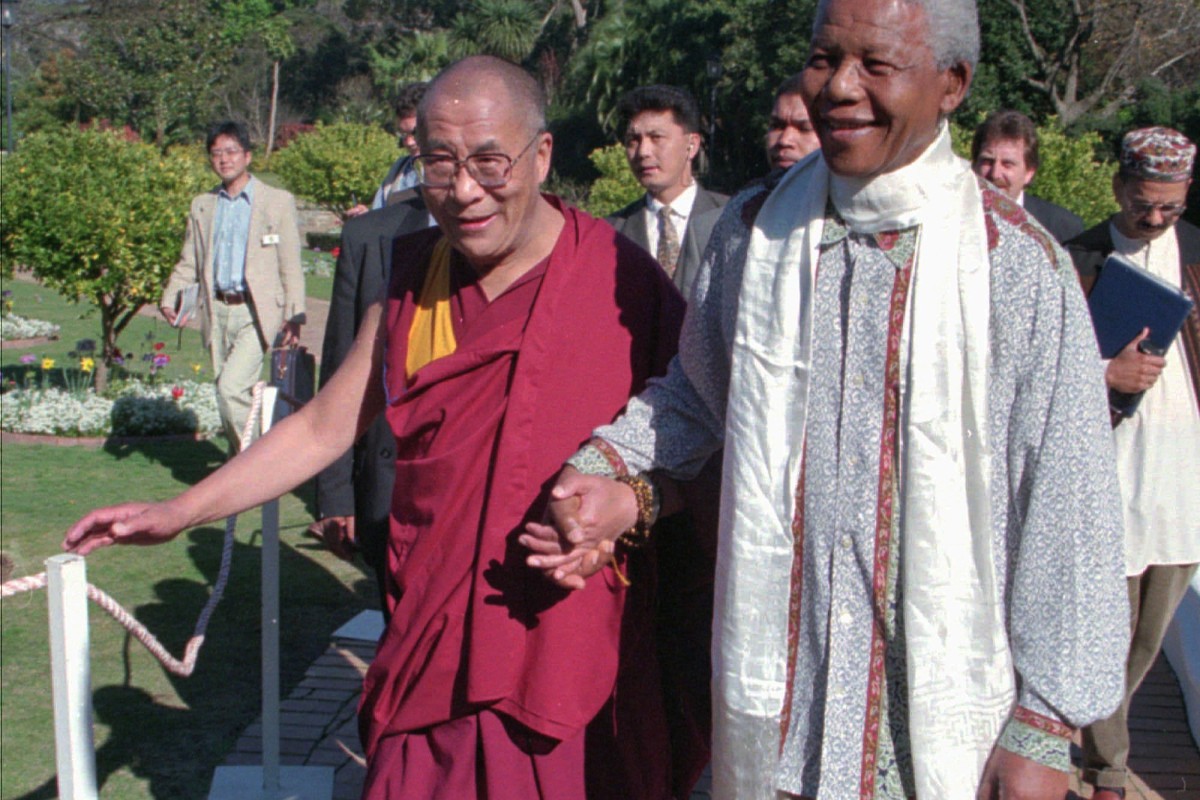
It seems every crime is committed by a terrorist these days, but it's not as simple as some people would want you to believe
 Although current attitudes towards Nelson Mandela have changed, he did turn to violence to pull South Africa out of apartheid.
Although current attitudes towards Nelson Mandela have changed, he did turn to violence to pull South Africa out of apartheid.First of all, the events of Sunday night are awful, horrific and should never happen to anyone. But they are not an act of terror, as far as we know.
It wasn't long after the reports of the mass shooting in Las Vegas hit the headlines that certain opinion writers began to wonder why Joseph Paddock was not immediately called a terrorist. They make it sound as if it is a race issue, and it would certainly seem that way. However, he is not a terrorist as far as we know, and here is why:
You have probably heard the expression "one man's terrorist is another man's freedom fighter" and that is true ... ish.
The criteria for someone being called a terrorist are hotly debated, mostly by nations who have relied on insurgents to free them from a colonial government, because governments have abused the term. If someone turns to violence to make a point against a government, they can easily be labelled terrorists, and there are all sorts of legal issues that come with that label, one of which is not being able to travel very easily.
You might think this is a good thing; after all, who wants terrorists travelling. But consider the former leader of my country, Nelson Mandela. He was a terrorist. Now people have a different view of him, but he did turn to violence to make the changes that pulled South Africa out of apartheid.
There is no global definition of the word because countries cannot agree on what makes a terrorist. These days we don't think of Mandela as a terrorist, and in many countries the only way for people to effect change is to take up arms. As someone who lived through the "terror years" in South Africa, I will never forget the words of a man who at the time belonged to one of the organisations which had been deemed terrorist.
He said: "If I tell you I am in pain, and you are the only one who can stop the pain, and you do nothing to stop it, then I will make you feel my pain." Suddenly it all made sense. It was the only way the vast majority of people in South Africa could make their voices heard because they had no access to democracy.
We can see the events unfolding in Myanmar right now with the Muslim Rohingya, who, after years of abuse, have taken up arms against their tormentors. As far as the Myanmese government is concerned, they are terrorists to be destroyed at all costs. As far as their people are concerned, they are heroes brave enough to fight to try to improve things.
People often think that to be labelled a terrorist, all one has to do is cause terror. Well, no. It's not that simple. If someone starts shooting, or detonates a bomb, they will cause terror, but they are not necessarily a terrorist.
That's because in the generally accepted definition, the terrorist has to use terror with the aim of changing something politically.
This shooter, as far as we know, was not trying to change anything politically. It might come out in a few days' time that he was a member of Isis, in which case the label will be reviewed. But until such time, he's just a common old criminal.
That being said, I would agree that the media in some countries is very quick to label an attacker a terrorist when they are not white. Americans are still waiting for James Field - the man who drove his car into protesters in Charlottesville, killing one - to be charged as a terrorist. But the onus would then be on the prosecution to prove that his intent was politically motivated.
You should note, though, that the much derided "mainstream media" do not label an attack as terror until there is some evidence of it - like flying two planes full of people into buildings within minutes of each other - and usually only after some official has called it so. Other people unbound by ethics of journalism can say what they like on whatever platform they like, including the US President.
Usually it is officials who get to decide if something is an act of terror. Now, that should send all sorts of warning messages to any reader who thinks this through, because anyone who gets on the wrong side of a regime can be labelled a terrorist. If, for instance, someone were to organise a peaceful protest, which then turns violent, the government could label that person as a terrorist.
